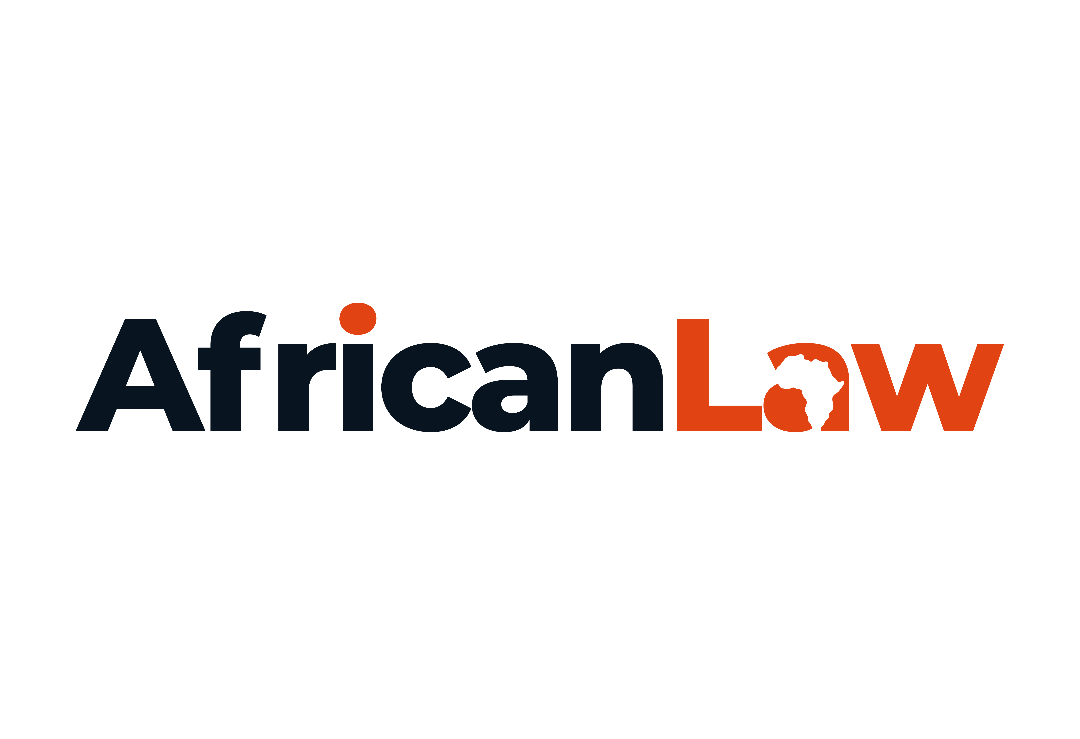Key Trends Shaping South African Fintech
South Africa boasts Africa's largest and most diverse fintech ecosystem, home to over 500 startups and established players like TymeBank, Yoco, and Ozow, which collectively serve millions of users. The unbanked and underbanked population creates high demand for accessible financial services, with fintechs filling gaps left by traditional banks. Mobile payments dominate, accounting for 60% of transactions, while buy-now-pay-later (BNPL) platforms have grown 30% year-on-year, driven by e-commerce expansion. The industry is also attracting global capital, with fintech investments in South Africa consistently leading on the continent.
Investment inflows remain robust, with global players like Visa and Mastercard partnering locally, and African funds channeling USD200 million into South African fintechs in H1 2025. For users entering this space, it is critical to conduct market validation early focusing on underserved niches like rural remittances or SME lending to differentiate and attract funding.
Regulation and Catching Up with Innovation
While South Africa's regulatory environment is progressive compared to many African peers, it struggles to match fintech's pace, creating grey areas that expose businesses to risks. The Financial Sector Conduct Authority (FSCA) and the South African Reserve Bank (SARB) lead oversight, with key developments in 2025 including:
Crypto Regulations - The FSCA's CASP licensing has processed over 100 applications, mandating AML/KYC compliance and consumer protection. Non-compliance fines reached ZAR 10 million in recent cases, emphasizing the need for robust internal controls.
Open Banking Framework - SARB's 2025 guidelines require data-sharing APIs, but implementation challenges include data privacy under the Protection of Personal Information Act (POPIA), 2013, with breaches punishable by up to ZAR 10 million or 10 years' imprisonment.
AML and Financial Crime - The Financial Intelligence Centre Amendment Act (FICA), updated in 2025, tightens reporting for high-risk fintechs, with SARB imposing enhanced due diligence for cross-border payments amid Financial Action Task Force (FATF) grey-listing concerns. South Africa exited the grey list in February 2025 but the country remains vigilant.
Innovation Sandboxes - FSCA's Regulatory Sandbox, expanded in 2025, allows testing of products like blockchain-based remittances without full licensing, but participants must demonstrate consumer safeguards and exit strategies.
Challenges include regulatory fragmentation, high compliance costs for startups, and delays in licensing approvals which can take up to 6 months. If your fintech involves payments or crypto, it is important to prioritize FSCA registration early and avoid delays.
Strategic Compliance Is Now Essential
Compliance in South Africa's fintech space is no longer a reactive obligation but a strategic imperative that can accelerate growth, build trust and attract capital. Embedding legal foresight from ideation to scaling ensures resilience against regulatory shifts.
Fintech founders, legal teams, and stakeholders must stay ahead of evolving laws, from data protection and anti-money laundering (AML) to consumer protection. Regulatory sandboxes and early engagement with regulators can also offer valuable pathways to responsible innovation.
The Bottom Line
The growth of fintech in South Africa represents a major opportunity, but navigating the regulatory landscape requires more than just awareness. It demands proactive, expert legal guidance that aligns compliance with business strategy.
If your fintech venture needs clarity on licensing, product structuring, or regulatory risk, our expert legal team is here to help. Contact us today to book a consultation with one of our fintech regulatory specialists based in South Africa. Let’s make compliance your competitive edge.

















